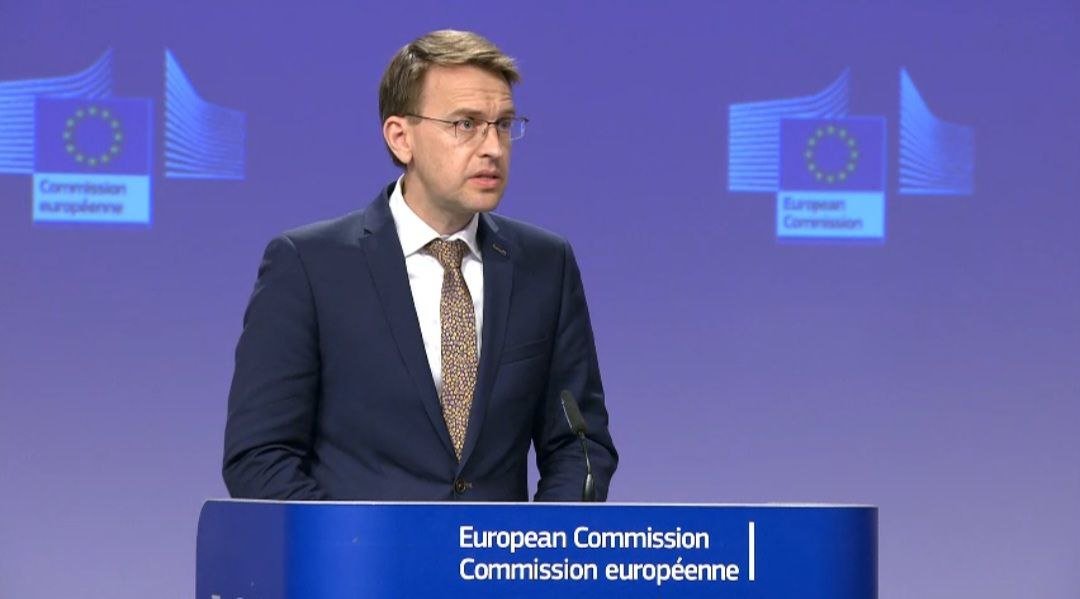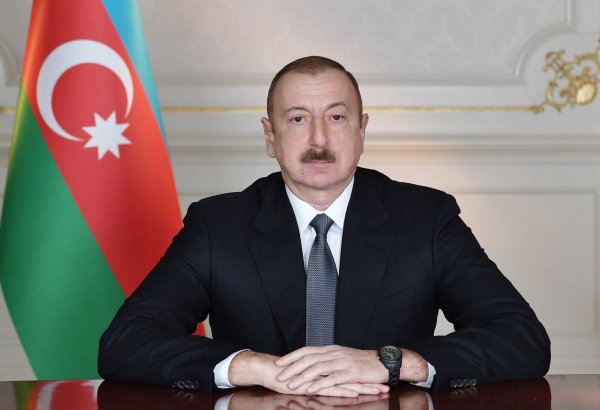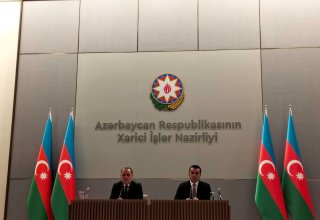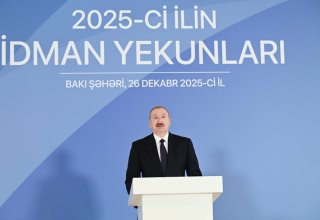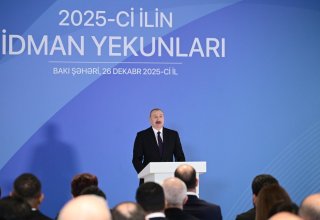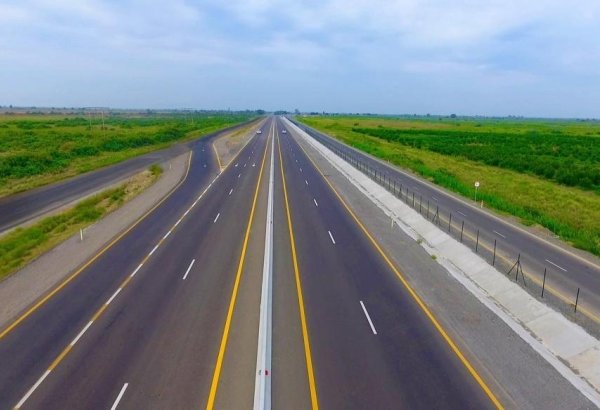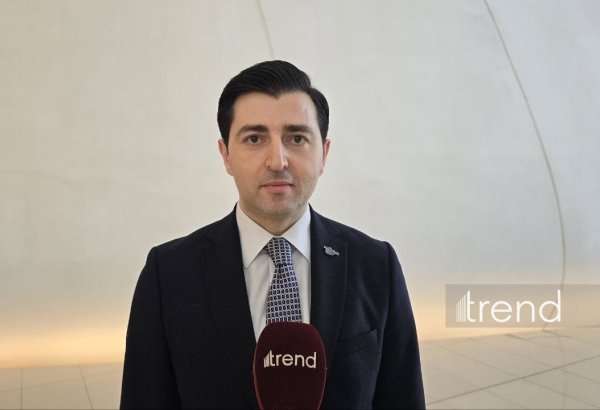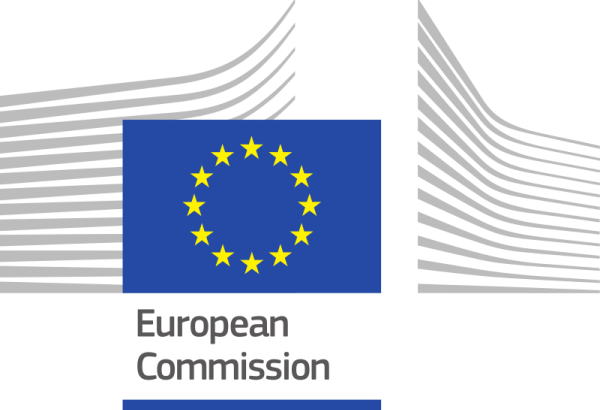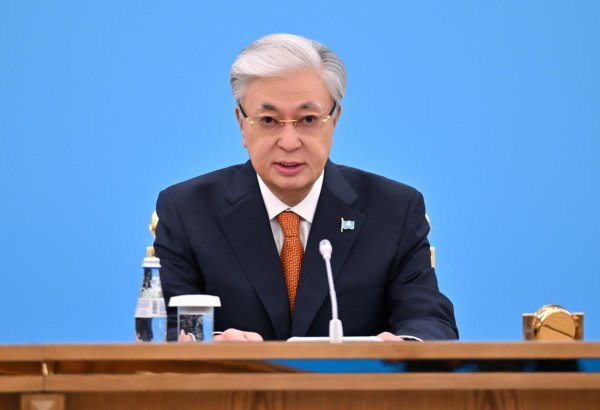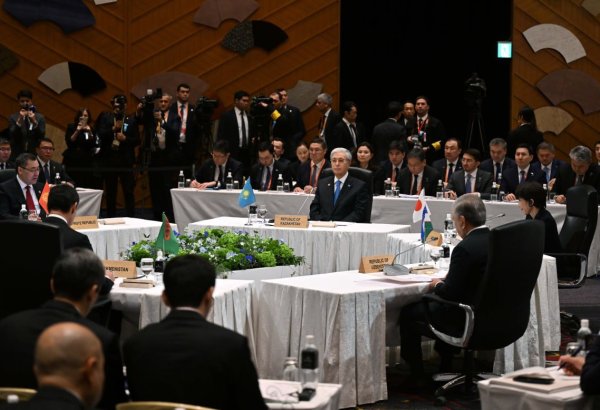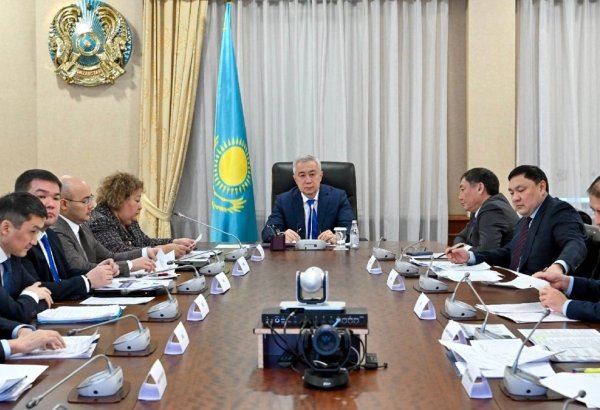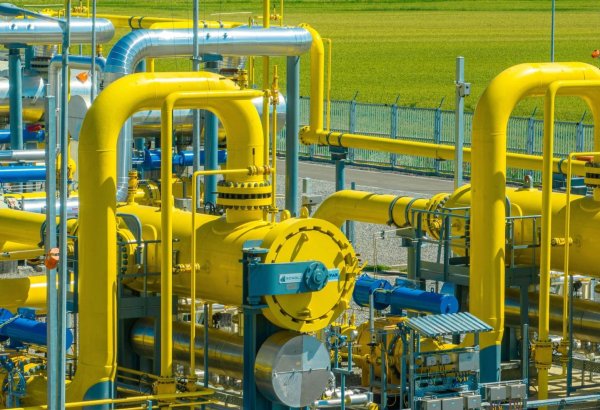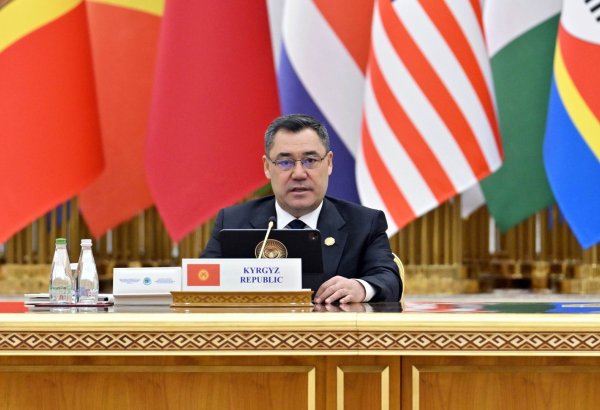BAKU, Azerbaijan, July 19. The Trans-Caspian International Transport Route has the potential to handle more land-based between Europe and Asia, Peter Stano, Lead spokesperson for foreign affairs and security policy at the European Commission, told TurkicWorld in an exclusive interview.
Drawing from Europe's extensive experience, he stressed the importance of a regional approach in developing transport connections to ensure sustainable economic growth. "Our experience in Europe tells us that developing transport connections must be based on a regional approach if they are to contribute to sustainable economic development".
The Central Trans-Caspian corridor, according to Stano, holds significant potential for boosting land-based trade between Europe and Asia. "The corridor has the potential to handle more land-based trade between Europe and Asia, once bottlenecks, capacity shortages, and other connectivity issues, including soft connectivity, are adequately addressed".
Further speaking, the Commission's spokesperson added that, as part of the EU's Global Gateway initiative, a study on sustainable transport corridors was financed, focusing on connecting the extended Trans-European Transport Network with the five countries of Central Asia. "This comprehensive study, published in June 2023, laid the groundwork for enhancing the operational efficiency and economic attractiveness of the Central Trans-Caspian Network, encompassing major production and population centers in Central Asia".
"The diversification of trade routes has been on the table for quite some time," Stano explained, noting that, following Russia-Ukraine war, there is an increased urgency to identify alternative, reliable, and efficient trade routes between Europe and Asia that do not pass through Russia. In this regard, the EU wants to be 'a reliable and predictable partner in a rapidly changing world'.
The importance of transport connectivity was a key topic at the EU-Central Asia Ministerial held on 23 October 2023 in Luxembourg. Stano highlighted that the conversation continued from a successful conference on connectivity in Samarkand in November 2022. The Global Gateway Forum in Brussels on 25-26 October 2023 further demonstrated the EU's strong commitment to transport connectivity. "These events underscored our dedication to developing a robust transport network," he noted.
The momentum carried into the Investors’ Forum on 29-30 January 2024, where private businesses and International Financial Institutions discussed operational steps for implementing the Study's findings. "Our engagement with the private sector and financial institutions is crucial for translating our strategic plans into tangible results," Stano emphasized.
On 12 June 2024, the EU launched a Coordination Platform in Astana to monitor progress and facilitate cooperation on the Trans-Caspian Transport Corridor. "This platform is a pivotal step in ensuring continuous collaboration and progress," Stano said. He also announced that by the end of the year, the EU will adopt a Prosperity Programme aimed at enhancing cross-border coordination and interoperability across Central Asian countries, fostering business connectivity along this strategic corridor.
By addressing key infrastructure and connectivity challenges, the EU aims to create a robust and sustainable transport network that will drive economic growth and regional stability in Central Asia. "We are committed to making this vision a reality and look forward to continued collaboration with our partners in Central Asia," Stano concluded.








